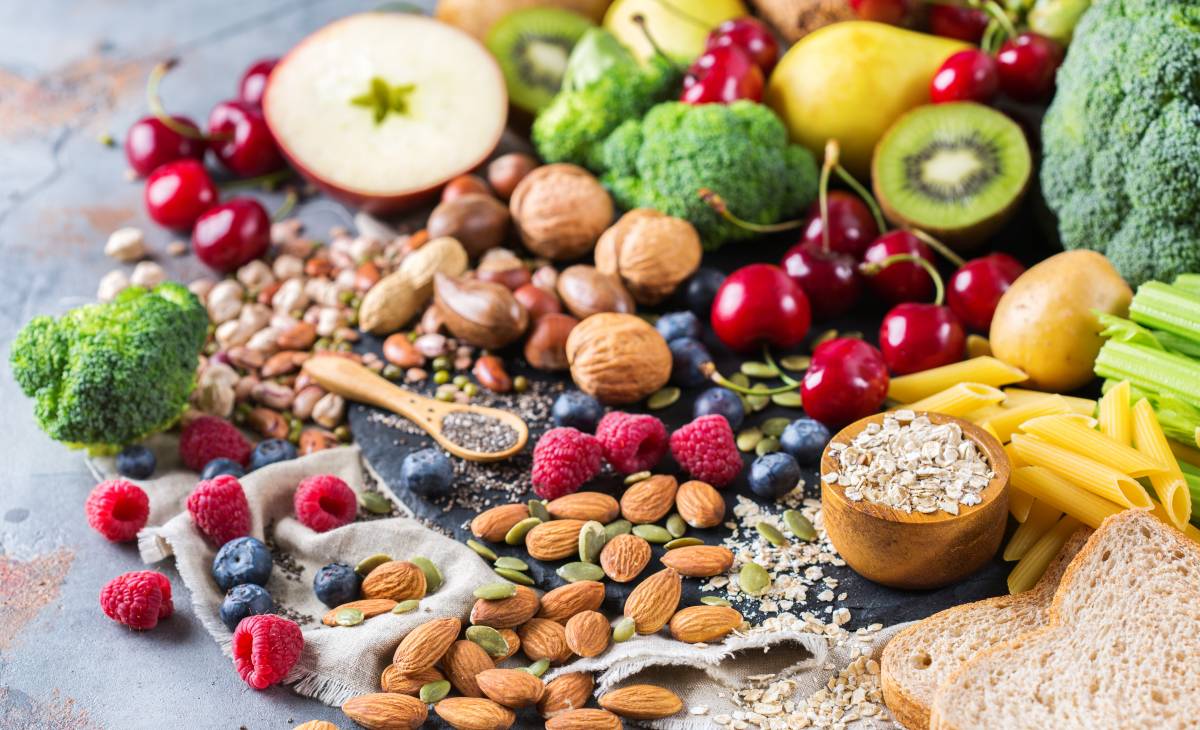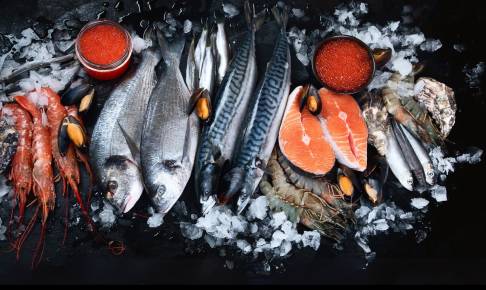RASFF published annual report for year 2020
The Rapid Alert System for Food and Feed (RASFF) had another year of development in 2020 given that The Information Management System for Official Control (IMSOC) was implemented by Regulation (EU) 2019/1715, which went into effect in mid-December 2019. It entailed combining the Administrative Assistance and Cooperation (AAC) network with the RASFF network to form the Alert and Cooperation Network (ACN).
RASFF notifications for illegal pesticides on imported food have increased dramatically. In September 2020, RASFF was faced with a significant food contamination issue when Belgium reported high amounts of an illegal pesticide, ethylene oxide, in sesame seeds from India. It sparked a flurry of activity in RASFF, with members sharing information on ethylene oxide discoveries, identifying batches of goods implicated, and tracking their distribution. The statistics for 2020 show an increase in reported notifications, due in part to the collaboration with the AAC.
In 2020, "fruits and vegetables" was the most often reported category. This is due to an increase in Bulgarian notifications of pesticide non-compliances, mostly in Turkish products. Following, “fruits and vegetables” second most reported category was “dietetic foods food supplements and fortified foods”, followed by “meat and meat products (other than poultry)” being the third most reported product category. In comparison to the previous year, the number of warning notices indicating a severe health risk associated with a product on the market increased by 22%.
According to the RASFF 2020 Annual report, the most incidents came from “accidental or environmental contamination” (30 incidents, 133 notifications), followed by “hazardous or unauthorized composition” (14 incidents, 42 notifications) and “foodborne outbreak” (9 incidents, 43 notifications).
In the food sector, the most commonly reported hazards and product categories are examined individually for food, feed, and food contact materials, yielding the following list of the most common hazards reported by Member States: a) "Contamination by Pathogenic Microorganisms" (788 notifications - Salmonella, Listeria monocytogenes, Norovirus, Escherichia Coli), "Other Hazards" (food additives and flavorings, labelling absent/incomplete/incorrect, and poor or insufficient controls) and "Pesticides Residues" (mainly, ethylene oxide).
Overall, there were mixed developments in RASFF in 2020. Because the majority of ethylene oxide messages were alert notifications, there was a bigger number of alerts. Other types of notifications, such as border denials, have slowed, owing to decreased commerce and restrictions after COVID-19.
Source:
https://ec.europa.eu/food/system/files/2021-08/rasff_pub_annual-report_2020.pdf






















